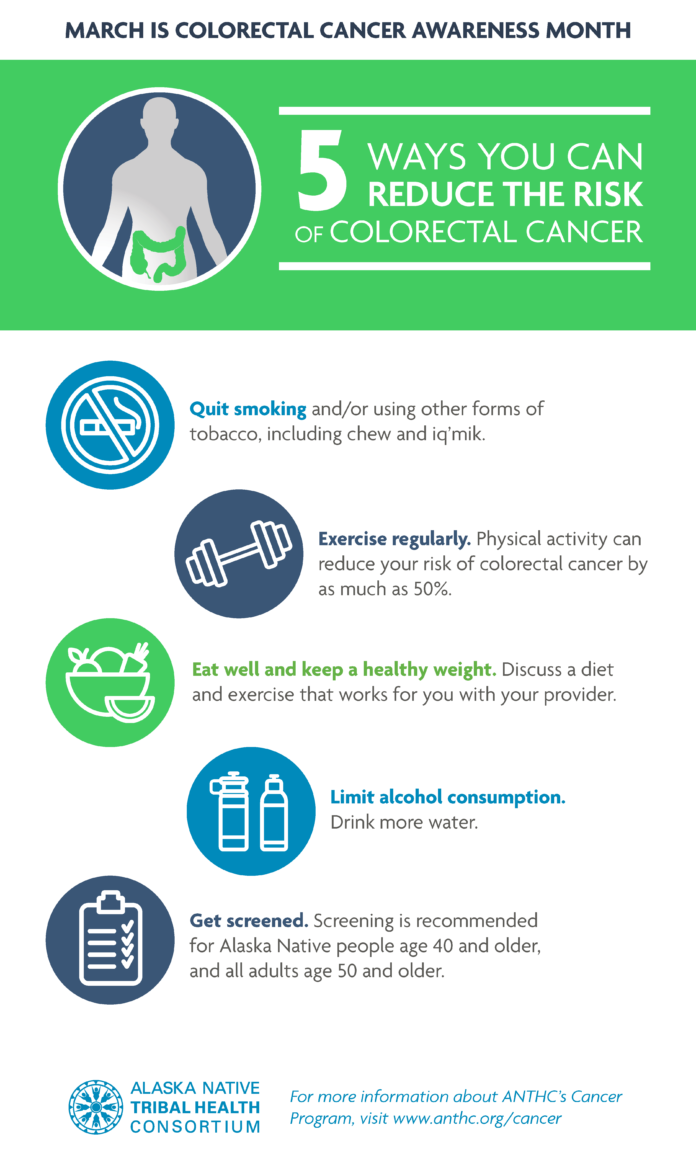
Preventing Colon Cancer: Tips and Resources for Colon Cancer Awareness Month
Colon cancer is one of the most common forms of cancer worldwide, with millions of people being diagnosed each year. However, the good news is that this cancer is highly preventable and can be detected early with proper screening. In order to raise awareness about colon cancer and promote prevention, the month of March has been designated as Colon Cancer Awareness Month. This article will provide you with tips and resources to help you understand colon cancer, its risk factors, and preventive measures that can be taken.
Understanding Colon Cancer:
Colon cancer, also known as colorectal cancer, is the uncontrolled growth of abnormal cells in the colon or rectum. It usually starts as small polyps, which can develop into cancer over time. The exact cause of colon cancer is still unknown, but certain risk factors have been identified.
Risk Factors:
– Age: The risk of colon cancer increases with age, with most cases occurring in people over 50.
– Family history: Individuals with a family history of colon cancer or polyps are at a higher risk.
– Personal history of colon cancer or polyps: Those who have had colon cancer before or have had polyps removed are more likely to develop it again.
– Inflammatory bowel disease: Conditions such as Crohn’s disease or ulcerative colitis can increase the risk of colon cancer.
– Unhealthy lifestyle: A sedentary lifestyle, obesity, smoking, excessive alcohol consumption, and a diet high in red and processed meats have also been linked to an increased risk of colon cancer.
Preventive Measures:
Prevention is the key to reducing the incidence of colon cancer. By adopting a healthy lifestyle and undergoing regular screenings, individuals can significantly lower their risk.
1. Regular screenings:
Colonoscopy is the most effective screening tool for detecting colon cancer. It is recommended to start screening at age 50 for average-risk individuals, and earlier for those with higher risk factors. During a colonoscopy, a doctor examines the colon for any abnormalities or polyps and can remove them if necessary.
2. Healthy diet:
A diet high in fiber, fruits, vegetables, and whole grains can help reduce the risk of colon cancer. On the other hand, a diet rich in red and processed meats, saturated fats, and low in fiber has been associated with an increased risk. It is recommended to limit red and processed meats consumption and replace them with lean proteins like fish, poultry, and legumes.
3. Regular exercise:
Engaging in regular physical activity can reduce the risk of colon cancer. Aim for at least 30 minutes of moderate-intensity exercise most days of the week. Exercise helps to maintain a healthy weight, improve digestion, and reduce inflammation.
4. Maintain a healthy weight:
Obesity is a known risk factor for colon cancer. By maintaining a healthy weight through a balanced diet and regular exercise, you can reduce your risk.
5. Drink alcohol in moderation:
Excessive alcohol consumption can increase the risk of colon cancer. If you choose to drink alcohol, do so in moderation. Limiting consumption to one drink per day for women and two drinks per day for men is recommended.
Resources for Colon Cancer Awareness:
– Colon Cancer Alliance: This nonprofit organization provides information about colon cancer, treatment options, and support services.
– American Cancer Society: Their website offers a wide range of resources on colon cancer, screening guidelines, and prevention tips.
– National Cancer Institute: NCI provides comprehensive information on colon cancer, including research, clinical trials, and patient support resources.
– Local healthcare providers: Consult with your healthcare provider for personalized advice on colon cancer prevention and screening. They can provide information about local resources and screenings.
Colon Cancer Awareness Month serves as a reminder for individuals to take charge of their health and adopt preventive measures against colon cancer. By understanding the risk factors, making healthy lifestyle choices, and undergoing regular screenings, we can reduce the burden of this disease. Remember, prevention and early detection are key for combating colon cancer and ensuring a healthier future.

















